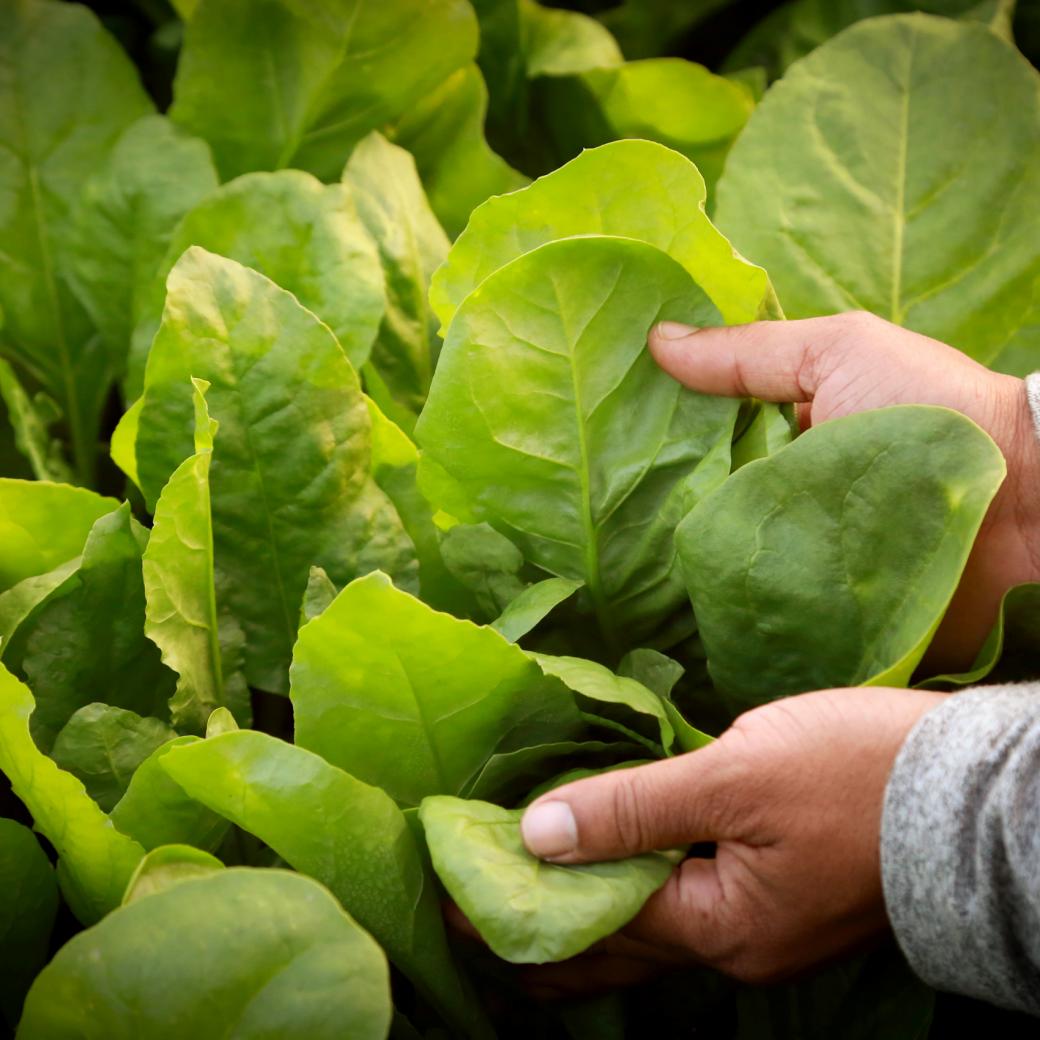Venticoveat

Prevention of coronavirus infections via airborne transmission in slaughterhouses and cutting plants
Why this project?
Every food company faces it, the tremendous challenge to keep their staff corona-free. However, the sheer number of measures and latest techniques for counteracting the coronavirus has been so great that food companies quickly felt overwhelmed.
The Venticoveat project was kickstarted by the meat industry, a collaboration in which Flanders’ FOOD, ILVO, and BBRI join forces with FEBEV (the National Belgian Federation of slaughterhouses, cutting plants and wholesalers for pork, bovine, sheep and equidae) to identify specific measures that will reduce the possibility of airborne transmission as much as possible.
Research approach/Project approach
Venticoveat is a collective research, development, and dissemination project (COOCK type) that aims to help companies reduce the risk of coronavirus spread through the use of commercially available solutions that improve ventilation and air quality.
During the project, ventilation and food safety specialists will devise, evaluate and demonstrate a combination of preventive actions. This information will be continuously shared and updated to help prevent the airborne transmission of the coronavirus.
What’s more, the effect of targeted ventilation procedures will be simulated by mapping airflows with measurements in three in situ demonstrators and CFD modelling. Based on new ventilation insights and the three generic demonstration cases, several proposals for ventilation procedures will be drawn up.
Lastly, we will develop a sampling protocol for the coronavirus in domestic wastewater and condensed water. This could serve as an indicator for gauging the effect of the ventilation studies and for early detection of suspect contamination in the workplace (i.e. early warning).
Our objective with FEBEV is to accelerate the introduction of the project results in slaughterhouses and cutting plants even before the new policy recommendations have come into force.
Target group and results
The project mainly seeks to translate and distribute current knowledge to meat companies, primarily targeting slaughterhouses and cutting plants. That said, the information produced by the project may also be transferable to other sectors of the food industry.
FEBEV will be a crucial link where raising awareness and valorisation vis-à-vis SMEs and non-research-intensive companies in the meat sector are concerned.
In addition to the food industry, the HVAC sector also stands to benefit from this project’s insights. The BBRI is ideally situated to share the new findings with this sector.
Project partners
Flanders’ FOOD manages and coordinates the project. BBRI, ILVO, and Febev, as subcontractor, will co-implement the project.






